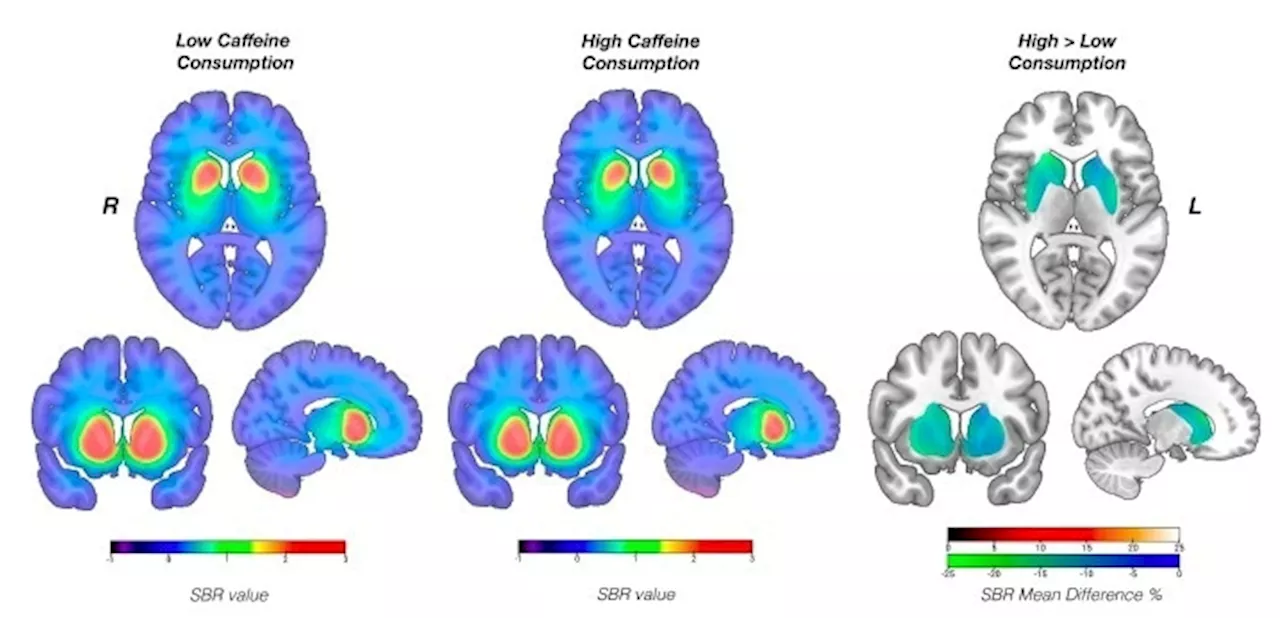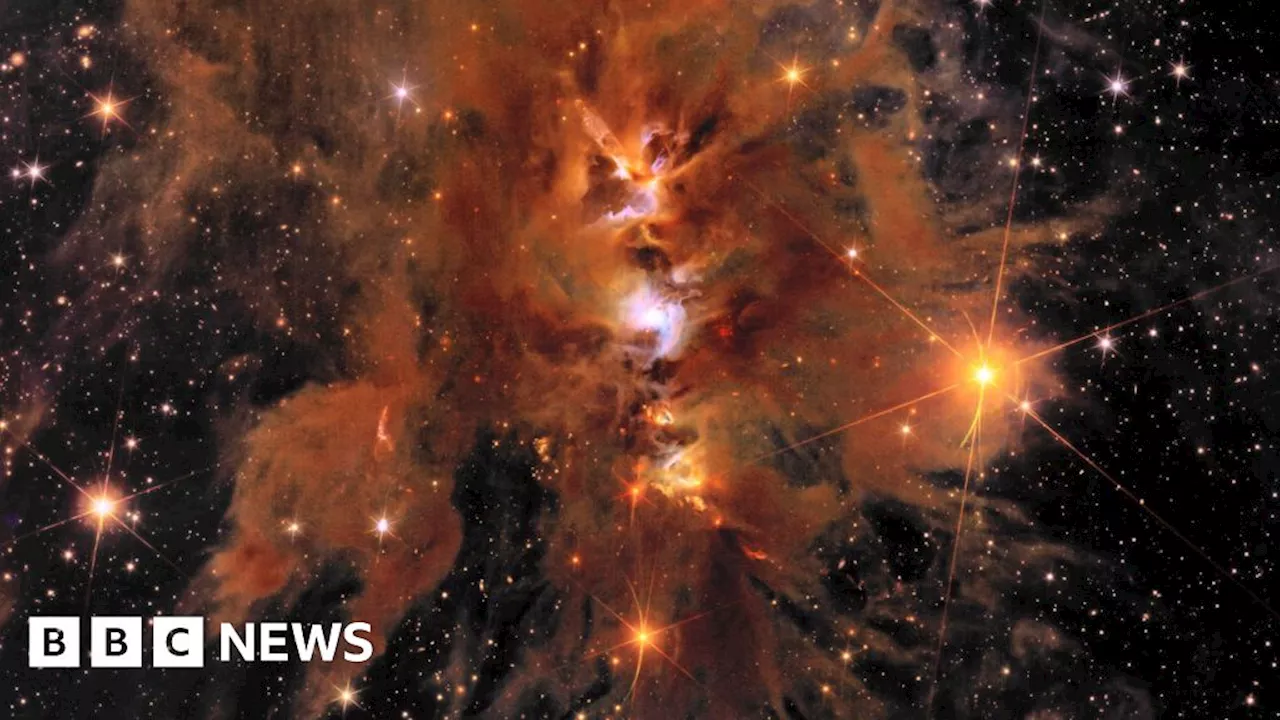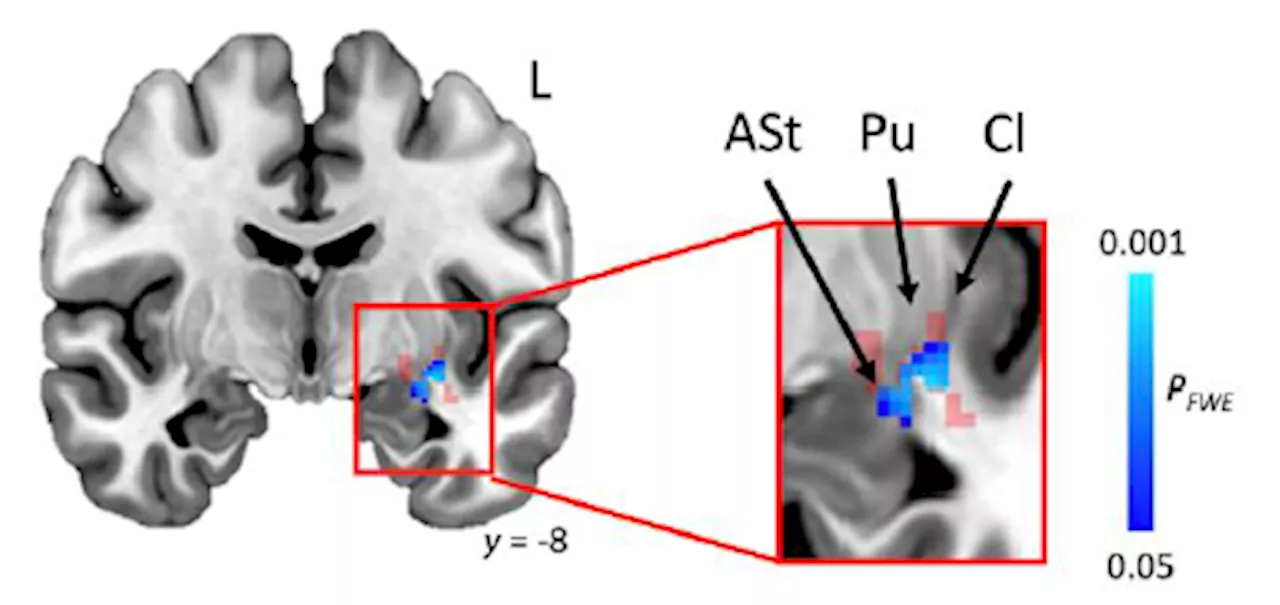An international research group led by researchers from the University of Turku and Turku University Hospital in Finland has succeeded in identifying the probable origin of stuttering in the brain.
Jun 3 2024University of Turku
Stuttering was once considered a psychological disorder. However, with further research, it is now understood to be a brain disorder related to the regulation of speech production.” Stuttering may also be acquired as a result of certain neurological diseases, such as Parkinson's disease or a stroke. However, the neurobiological mechanisms of stuttering are not yet fully understood, and where it originates in the brain remains uncertain.
In addition to people who had suffered a stroke, the researchers used magnetic resonance imaging to scan the brains of 20 individuals with developmental stuttering. In these individuals, the stuttering was associated with structural changes in the nodes of the brain network originally identified in relation to causal stroke lesions – the greater the changes, the more severe the stuttering. This finding suggests that stuttering is caused by a common brain network, regardless of the aetiology .
"These findings explain well-known features of stuttering, such as the motor difficulties in speech production and the significant variability in stuttering severity across emotional states. As major nuclei in the brain, the putamen regulates motor function and the amygdala regulates emotions. The claustrum, in turn, acts as a node for several brain networks and relays information between them,” explains Joutsa.
Amygdala Children Hospital Imaging Putamen Research Speech Stroke Stutter
Deutschland Neuesten Nachrichten, Deutschland Schlagzeilen
Similar News:Sie können auch ähnliche Nachrichten wie diese lesen, die wir aus anderen Nachrichtenquellen gesammelt haben.
 Study uncovers probable origin of stuttering in the brainAn international research group led by researchers from the University of Turku and Turku University Hospital in Finland has succeeded in identifying the probable origin of stuttering in the brain.
Study uncovers probable origin of stuttering in the brainAn international research group led by researchers from the University of Turku and Turku University Hospital in Finland has succeeded in identifying the probable origin of stuttering in the brain.
Weiterlesen »
 High caffeine consumption linked to changes in dopamine function in Parkinson's patientsRegular high caffeine consumption affects dopamine function in patients with Parkinson's disease, shows a new international study led by the University of Turku and Turku University Hospital in Finland.
High caffeine consumption linked to changes in dopamine function in Parkinson's patientsRegular high caffeine consumption affects dopamine function in patients with Parkinson's disease, shows a new international study led by the University of Turku and Turku University Hospital in Finland.
Weiterlesen »
 West Coast Conference adding Grand Canyon University, Seattle University in 2025GCU and Seattle will both compete in 14 of the WCC’s sponsored sports.
West Coast Conference adding Grand Canyon University, Seattle University in 2025GCU and Seattle will both compete in 14 of the WCC’s sponsored sports.
Weiterlesen »
 Chronic caffeine intake may impact brain chemistry in Parkinson's diseaseRegular high caffeine consumption affects dopamine function in patients with Parkinson’s disease, shows a new international study led by the University of Turku and Turku University Hospital in Finland. Caffeine consumption before undergoing diagnostic brain dopamine imaging may also affect the imaging results.
Chronic caffeine intake may impact brain chemistry in Parkinson's diseaseRegular high caffeine consumption affects dopamine function in patients with Parkinson’s disease, shows a new international study led by the University of Turku and Turku University Hospital in Finland. Caffeine consumption before undergoing diagnostic brain dopamine imaging may also affect the imaging results.
Weiterlesen »
 Caffeine shown to affect brain dopamine function in patients with Parkinson's diseaseRegular high caffeine consumption affects dopamine function in patients with Parkinson's disease, shows a new international study led by the University of Turku and Turku University Hospital in Finland. Caffeine consumption before undergoing diagnostic brain dopamine imaging may also affect the imaging results.
Caffeine shown to affect brain dopamine function in patients with Parkinson's diseaseRegular high caffeine consumption affects dopamine function in patients with Parkinson's disease, shows a new international study led by the University of Turku and Turku University Hospital in Finland. Caffeine consumption before undergoing diagnostic brain dopamine imaging may also affect the imaging results.
Weiterlesen »
 Durham scientists celebrate new Euclid Universe imagesThe Euclid telescope mission, backed by Durham University scientists, releases dark Universe images.
Durham scientists celebrate new Euclid Universe imagesThe Euclid telescope mission, backed by Durham University scientists, releases dark Universe images.
Weiterlesen »
